The Group of 20 (G20) has agreed to work together to avoid a philanthropic disaster in Afghanistan, indeed if it means having to coordinate sweats with the Taliban, Italian Prime Minister Mario Draghi said after hosting an exigency peak The European Union opened the addresses on Tuesday by pledging one billion euros ($1.2 bn), which will go to critical philanthropic requirements and also to help neighbouring countries taking in Afghans who have been fleeing since the Taliban took control of the country on August 15 “ There has principally been a confluence of views on the need to address the philanthropic exigency,” Draghi told journalists at the end of the special videotape conference.
United States President Joe Biden, Indian Prime Minister Narendra Modi and numerous European leaders joined the virtual peak, which took place as the Taliban held its first face-to- face addresses with a US-EU delegation in Qatar. China’s President Xi Jinping and Russia’s President Vladimir Putin transferred representatives rather than attending themselves.
Draghi said the two leaders’ absence didn’t undercut the significance of the meeting organised by Italy, the current G20 president “ This was the first multinational response to the Afghan extremity … multilateralism is coming back, with difficulty, but it’s coming back,” Draghi said There was amicable agreement among the actors about the need to palliate the extremity in Afghanistan, where the country’s means overseas have been firmed, banks have run out of plutocrat, civil retainers haven’t been paid, and food prices have soared. Millions are at threat of severe hunger as downtime approaches.
“ To stand by and watch 40 million people plunge into chaos because electricity ca n’t be supplied and no fiscal system exists, that can not and shouldn’t be the thing of the transnational community,” German Chancellor Angela Merkel told journalists The EU emphasised its plutocrat would go to transnational organisations working on the ground rather than the Taliban, which has not been recognised by any other government Important of the G20 aid trouble will be conducted through the United Nations, but there will also be direct country-to- country backing.
Collaboration not recognition
Draghi said that the Taliban were pivotal to getting the aid through, saying “ It’s veritably hard to see how one can help the Afghan people … without some kind of involvement of the Taliban government Still, we do n’t enter, “ If they do n’t want us to enter Draghi stressed that coordinating with the Taliban didn’t mean recognising their administration and that the Taliban would be judged by their deeds, not their words He noted the world was especially concerned about the plight of women in the impoverished nation.
“ At this time we do n’t see progress,” Draghi said In a common statement after the meeting, the G20 leaders called on the Taliban to attack strict groups operating out of the country. Unborn philanthropic programmes should concentrate on women and girls, and safe passage should be given to those Afghans who wished to leave the country, it added.Turkey’s President Recip Tayyip Erdogan told the peak in an address broadcast on public TV that the Taliban had “ not yet delivered what’s anticipated”.
“ We haven’t seen necessary inclusiveness from them on the issue of philanthropic backing, security and forestallment of Afghanistan being a base of terror organisations and forestallment of unreasonableness The White House said leaders had bandied “ the critical need to maintain a ray- focus on our enduring counterterrorism sweats, including against pitfalls from ISIS-K”.
Ahead of the meeting, China called for profitable warrants on Afghanistan to be lifted and that billions of bones of Afghan transnational means be defrosted and handed back to Kabul The US and the United Kingdom, where numerous of the means are being held, are defying this trouble, and there was no citation of the issue in the final statement.

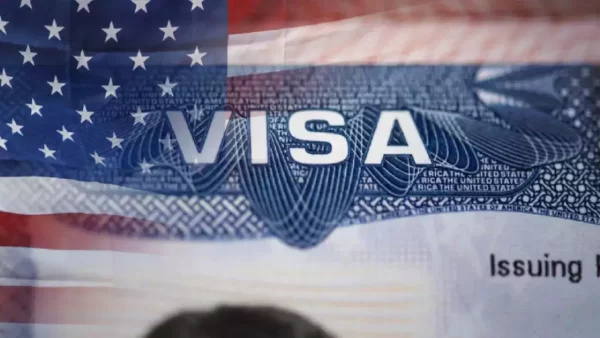 America granted work permits for Indian spouses of h-1 b visa holders
America granted work permits for Indian spouses of h-1 b visa holders 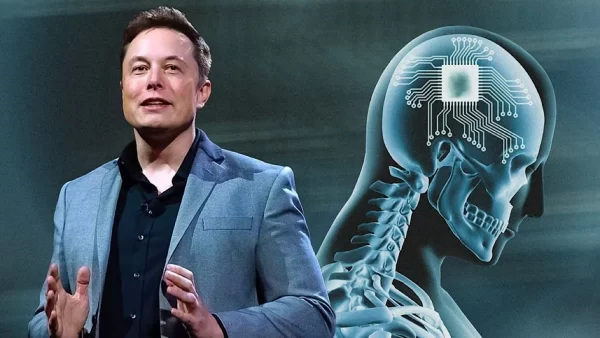 Elon Musk’s Neural ink Begins Human Trials for Brain Chip Implantation in 2023
Elon Musk’s Neural ink Begins Human Trials for Brain Chip Implantation in 2023 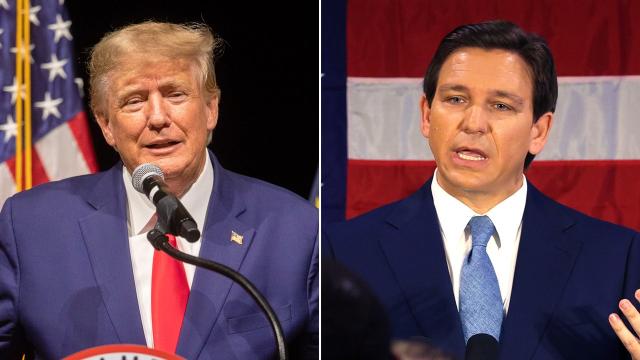 Trump widens lead over DeSantis in 2024 GOP presidential nomination showdown: poll
Trump widens lead over DeSantis in 2024 GOP presidential nomination showdown: poll  6 killed after work zone car crash on Baltimore Beltway, police say
6 killed after work zone car crash on Baltimore Beltway, police say 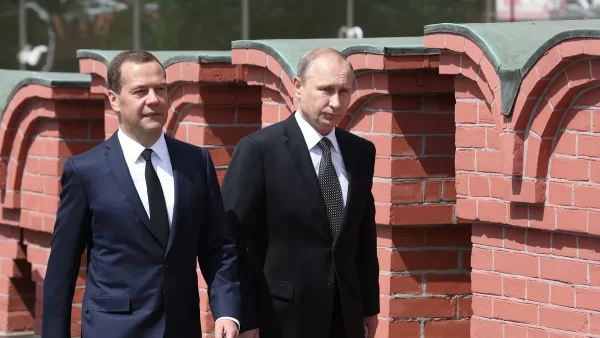 Russia’s Medvedev goes on tirade against International Criminal Court, threatens The Hague with missile strike
Russia’s Medvedev goes on tirade against International Criminal Court, threatens The Hague with missile strike 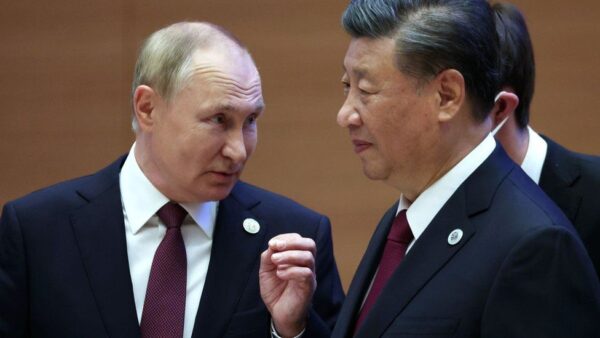 US urges Xi to press Putin over ‘war crimes’ in Ukraine
US urges Xi to press Putin over ‘war crimes’ in Ukraine